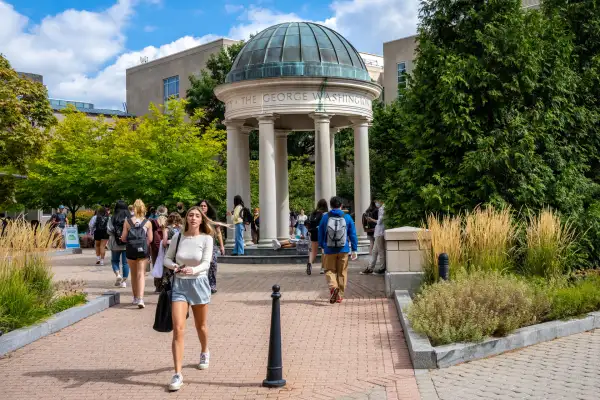Student Loan Forgiveness Won’t Happen Until Next Spring at the Earliest (if at All)

Tens of millions of federal student loan borrowers eager to see their debts forgiven will be left in limbo until next spring.
On Thursday, the U.S. Supreme Court agreed to hear arguments in a case that will determine the fate of President Joe Biden’s student loan forgiveness plan. The nation’s highest court will hear arguments in late February or early March, and a decision to allow or block the Biden Administration’s broad forgiveness plan is expected by June.
In the meantime, the Supreme Court said the program will remain on hold. Applications for student relief have been closed since Nov. 11, following a court order from a federal judge in Texas in a separate legal challenge. Days later, a federal appeals court issued a nationwide injunction, adding to the legal setbacks Biden’s plan faces.
The Supreme Court’s decision is mixed news for the administration. Biden’s Department of Justice had asked the court for permission to resume rolling out the program and to hear the case on an expedited schedule. The Supreme Court declined to lift the court order currently blocking the rollout, but its move to hear arguments early next year leaves the door open for forgiveness.
White House Press Secretary Karine Jean-Pierre said in a statement Thursday the administration welcomed the Supreme Court's decision to hear the case. “This program is necessary to help over 40 million eligible Americans struggling under the burden of student loan debt recover from the pandemic and move forward with their lives.”
The administration has maintained it has legal authority to cancel debt under the HEROES Act — a 2003 law that grants expanded powers to the education secretary during national emergencies. Biden's legal team argues that the forgiveness plan is tailored to help the borrowers who faced the biggest financial challenges during the pandemic. In the primary legal case heading to the Supreme Court, the plaintiffs of six Republican-led states are challenging the program on the grounds that broad cancellation of student debt is an executive overreach and that the president's plan will harm state tax revenues.
What the Supreme Court case means for the forgiveness timeline
Biden’s plan, if cleared by the Supreme Court, would cancel up to $20,000 of federal student debt for borrowers who received a need-based Pell grant during their time in college or up to $10,000 for non-Pell grant recipients. Only borrowers with incomes of $125,000 or less would qualify. More than 40 million borrowers meet these requirements, and approximately 20 million of those borrowers could potentially have their loan balances wiped out completely.
Despite the application portal being open for less than a month, the Biden Administration said around 26 million borrowers applied for forgiveness, and the Department of Education has already approved 16 million of those applicants. In late November, the department began sending out approval notifications to those borrowers — though no one’s debt has been forgiven through the program thus far.
Under the initial forgiveness timeline, borrowers who applied when applications opened would be seeing their balances drop early this month had it not been for the legal challenges. Now, if forgiveness is to happen at all, they will likely need to wait until June at the earliest.
Because of the dizzying array of legal developments for borrowers, President Biden recently extended the pause on federal student loan payments yet again, marking the eighth extension since former President Donald Trump initially enacted the payment freeze in March 2020. This time, the extension does not have a clear cut-off date: Payments will resume 60 days after the Supreme Court makes its decision or 60 days after June 30, whichever is sooner.
“It isn't fair to ask tens of millions of borrowers eligible for relief to resume their student debt payments while the courts consider the lawsuit,” Biden said in a video-taped speech announcing the extension.

